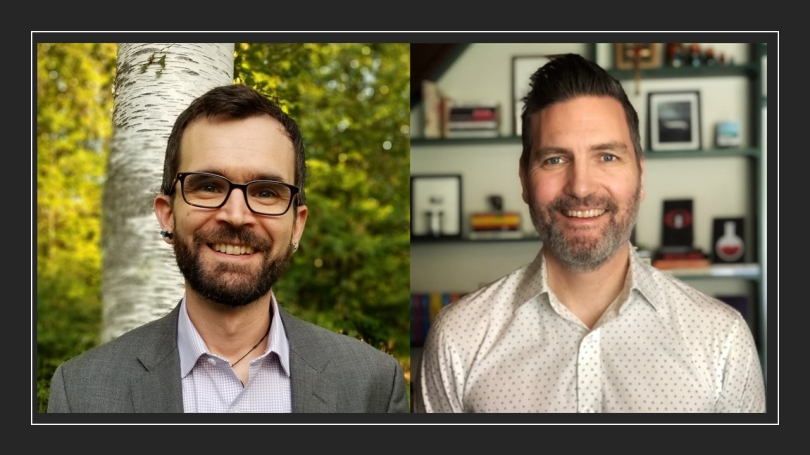
- Undergraduate
- Exchange Program
- Research
- Equity
- News & Events
- People
- Contact us
Back to Top Nav
Back to Top Nav
Back to Top Nav
The Dartmouth Board of Trustees approved the promotions of faculty across the Arts and Sciences on June 7.
This year, seven faculty members were promoted to full professor; 10 were promoted to associate professor and granted tenure; and two associate professors were granted tenure.
"The faculty awarded tenure and promotion are exemplary scholars and teachers," says Elizabeth F. Smith, dean of the Faculty of the Arts and Sciences. "I look forward to seeing them continue to inspire and influence their students, colleagues, and disciplines at large for years to come."
Faculty at Dartmouth are evaluated for promotion and tenure in three areas through a rigorous evaluation process: research, teaching, and service. The faculty promotions take effect on July 1.
Jason Houle, Professor of Sociology
Houle is a sociologist interested in social disparities in mental health, processes of social stratification and mobility, and life course sociology. He is the coauthor of A Dream Defaulted: The Student Loan Crisis Among Black Borrowers and has authored numerous scholarly articles in top sociology journals. Houle has received grants from the National Institutes of Health, National Science Foundation, Russell Sage Foundation, and a fellowship from the Robert Wood Johnson Foundation.
Gregory Sharp, Associate Professor of Sociology
Sharp is interested in how the places in which people live, work, and play are key features and determinants of social inequality and health in the U.S. Recent research focuses on neighborhood environments and residents' attitudes, community engagement, and health, including the risk of diabetes, obesity, hypertension, and smoking. His work has appeared in various interdisciplinary journals, including Demography, Social Science & Medicine, Social Problems, Social Science Research, and City & Community. He has received grants from such funding agencies as the National Institutes of Health and the Nelson A. Rockefeller Center for Public Policy and the Social Sciences.